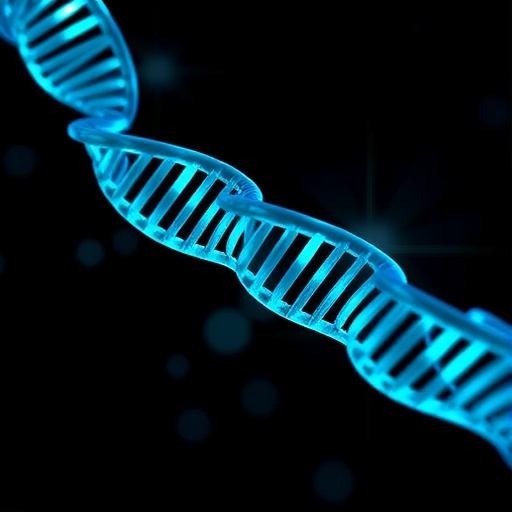Researchers at The University of Texas MD Anderson Cancer Center have announced a new method for detecting DNA mutations in a single cancer cell versus current technology that analyzes millions of cells which they believe could have important applications for cancer diagnosis and treatment. The results are published in the April 18 online issue of Nature Methods.
Existing technology, known as next-generation sequencing (NGS), measures genomes derived from millions of cells versus the newer method for single-cell sequencing, called Monovar. Developed by MD Anderson researchers, Monovar allows scientists to examine data from multiple single cells. The study was, in part, funded by MD Anderson’s Moon Shots Program, an unprecedented effort to significantly reduce deaths from cancer.
“NGS technologies have vastly improved our understanding of the human genome and its variation in diseases such as cancer,” said Ken Chen, Ph.D., assistant professor of Bioinformatics and Computational Biology and co-author of the Nature Methods article. “However, because NGS measures large numbers of cells, genomic variations within tissue samples are often masked.”
This led to development of newer technology, called single cell sequencing (SCS), that has had a major impact in many areas of biology, including cancer research, neurobiology, microbiology, and immunology, and has greatly improved understanding of certain tumor characteristics in cancer. Monovar improves further on the new SCS’s computational tools which scientists found “lacking” by more accurately detecting slight alterations in DNA makeup known as single nucleotide variants (SNVs).
“To improve the SNVs in SCS datasets, we developed Monovar,” said Nicholas Navin, Ph.D., assistant professor of Genetics and co-author of the paper. “Monovar is a novel statistical method able to leverage data from multiple single cells to discover SNVs and provides highly detailed genetic data.”
Chen and Navin state that Monovar will have significant translational applications in cancer diagnosis and treatment, personalized medicine and pre-natal genetic diagnosis, where the accurate detection of SNVs is critical for patient care.
This refinement of an existing technology could very well boost studies in many biomedical fields other than just cancer. The researchers believe it is a major advance for assessing SNVs in SCS datasets — crucial information for a variety of diseases.
“With the recent innovations in SCS methods to analyze thousands of single cells in parallel with RNA analysis which will soon be extended to DNA analysis, the need for accurate DNA variant detection will continue to grow,” said Chen. “Monovar is capable of analyzing large-scale datasets and handling different whole-genome protocols, therefore it is well-suited for many types of studies.
Journal Reference:
Hamim Zafar, Yong Wang, Luay Nakhleh, Nicholas Navin, Ken Chen. Monovar: single-nucleotide variant detection in single cells. Nature Methods, 2016; DOI: 10.1038/nmeth.3835




